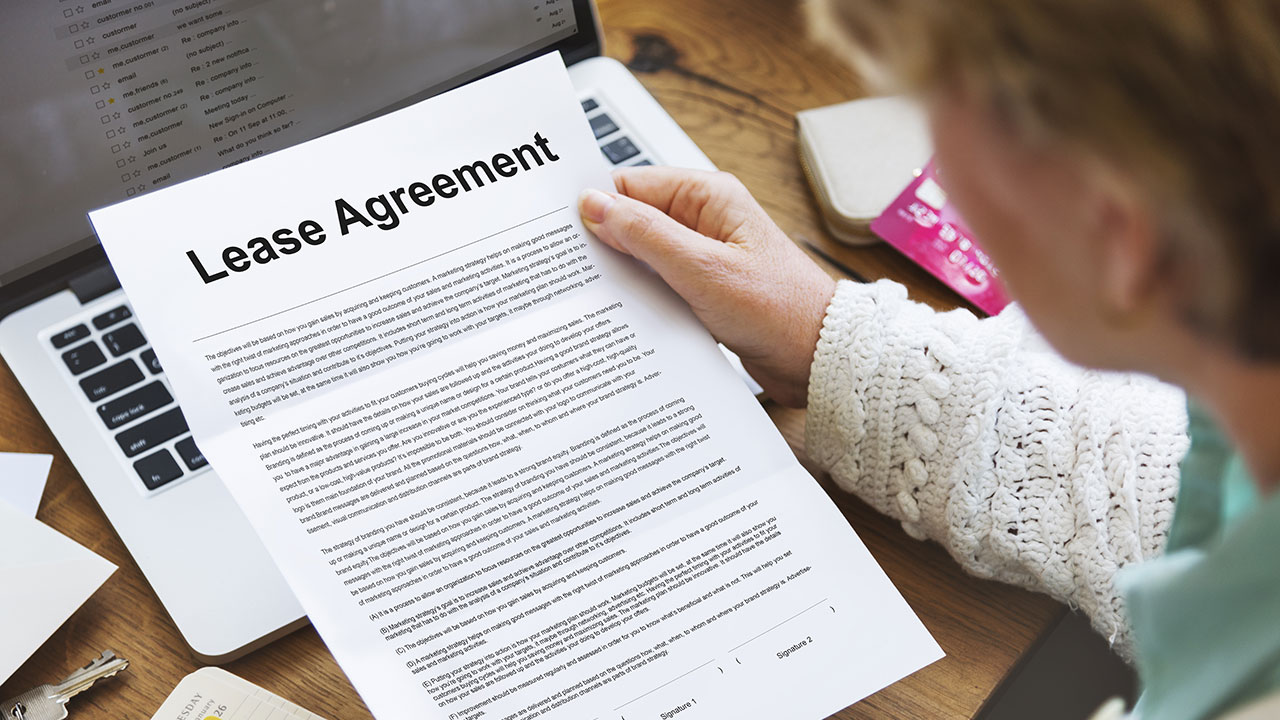
When you’re renting your home, your landlord doesn’t need to know what brand your television is, what you stock your fridge with, or who you invite over for dinner; nor does your landlord particularly care.
However, there are things that your landlord would certainly be interested in knowing about. After all, as an owner, your landlord’s best interests are to ensure the property is well cared for while trying to keep you comfortable and happy. And in order to ensure a positive tenant-landlord relationship is fostered, you’ll need to be upfront with a few things, or it could wind up costing you.
Here are a few things you shouldn’t keep your landlord in the dark about.
You Have a Pet
If the lease you signed stipulated a no-pet policy, then you’ve got to abide by it. You can’t pretend that you have no intentions of bringing a pet on board when you’ve got Fido waiting for you along with all of your belongings. It can be challenging to find a pet-friendly rental unit, but that doesn’t mean you can make the rules up as you go.
Perhaps the unit you are renting does allow pets, but the lease outlines an extra deposit needed in case the animal causes any damage to the place. Many renters might conceal their pets in an effort to avoid having to front this money. Either way, hiding pets from your landlord is a bad idea, and can cost you if you’re ever found out. Not only could you be slapped with extra expenses, you might even find yourself on the verge of eviction.
You’re Subletting
If you have plans to sublet your unit in the near future, you better make sure that you and your landlord negotiate these terms and include them in the lease. Otherwise, if the lease clearly states that subletting is strictly forbidden, then this arrangement is off the table.
If you’re planning on going on a month-long vacation, you might think you can get back that month’s rent by subletting your unit to another individual. After all, how will the landlord find out, right? Aside from being unethical and against the rules of the lease, subletting can really land you in hot water if you happen to hand over the keys to someone who’s less than reliable.
There’s a reason why your landlord conducted a credit check on you and called your previous landlords. If you happen to let someone in your home on a short-term rental without doing the same types of checks, you’re putting yourself – and everyone in the building – at risk. If you break that trust with your landlord, you’re breaching the lease and can really get yourself into a lot of trouble.

You’ve Brought in a Roommate
There is plenty of information that you need to fill out on your lease, including the full names of all people who will be living on the premises. Your landlord fully screened you before allowing you to be a resident in the unit; if you sneak in a roommate, your landlord will not be given the chance to do them same with this new individual.
As the owner of the unit, your landlord has a right to know exactly who is living there. Not only that, there may be restrictions on how many occupants are allowed to live in one unit, depending on the property or the local jurisdiction.
You’ve Got a Plumbing Problem
Whether it’s a clogged toilet or a leaky faucet, your landlord needs to know about it so the problem can be fixed without it causing any major damage. You might be afraid to tell your landlord about a problem like this with the fear that you will be blamed for the issue and will have to cough up the money to fix it.
However, your landlord is ultimately responsible for repairing just about every plumbing issue. If that particular problem turns into a catastrophe because of your neglect to inform your landlord right away, you could be stuck contributing to the cost.
You’re Running a Business Out of the Place
Running a business out of your rental unit without letting your landlord in on this important piece of information is a big no-no. Not only will you be breaching the lease, you just might be going against specific restrictions in the zoning of the property that strictly forbids operating a home-based business – depending on what type of business it is. Going against the lease and the laws in your jurisdiction can result is a temporary shutdown of your business for a little while, while can really hurt the pocketbook.

The Bottom Line
The best way to go is to be completely honest and upfront with your landlord. You might try to keep hide certain things, but secrets have a way of being found out. And when it comes to breaching your lease, you could wind up being responsible for added costs, or even find yourself having to look for a new place to live. Honesty is certainly the best policy when it comes to your rental.